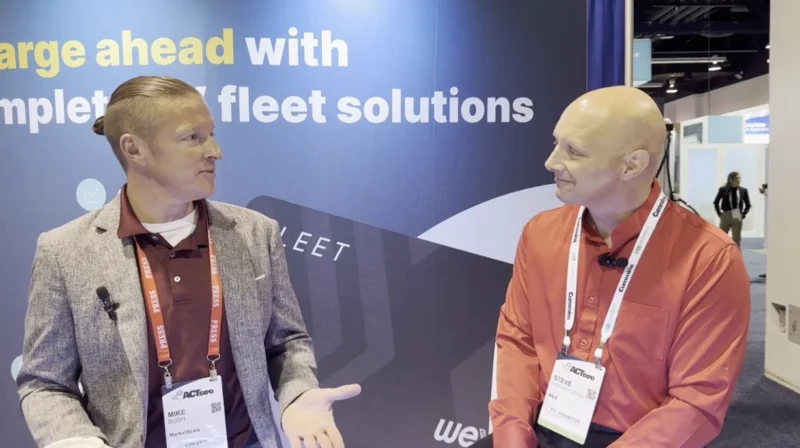A Year in Review with Weston LaBar
“The supply chain is an ecosystem, only as strong as its weakest link. Solutions need to benefit everyone, and that’s where technology and data come into play.”
The supply chain story of 2021 was, unfortunately, a sequel to 2020. The weaknesses linger, but the future can be different by applying data and modernizing the framework. Offering the year in review, Weston LaBar, Head of Strategy at Cargomatic, joined Host Tyler Kern on Careers on the Move.
Labar explained, “The supply chain is only built for a certain amount of volume. When it increases, there’s a disruption. In the past, these were brief and there was time to dig out.”
However, since the pandemic, the supply chain hasn’t been able to catch up. LaBar pointed to two reasons:
- Consumer spending increased.
- E-commerce dominated consumption.
These compounding trends moved into uncharted territory as demand stayed high while supply was low. It also changed how people received goods, so delivery was to thousands of homes, not one store.
Naturally, disrupted supply chains lead to disrupted economies. “It’s the backbone of the global economy. Modern manufacturing is supply chain-focused with sourcing, importing, assembly and exporting,” LaBar explained.
To make the supply chain more efficient and robust, LaBar noted it’s critical to focus on wide-spread benefits via technology and data. However, there are still hurdles to overcome, including local policy and legacy mindsets.
Additionally, LaBar explained the complexity of the shortages. “It’s not black or white. Is it really a shortage or inefficiency and capacity constraint? Looking at data can reveal if resources aren’t used effectively,” said LaBar.
Similarly, shortages of workers is another issue that deserves some rework: “We need a reframe to talk about how these jobs contribute to people, the economy and the country.”




